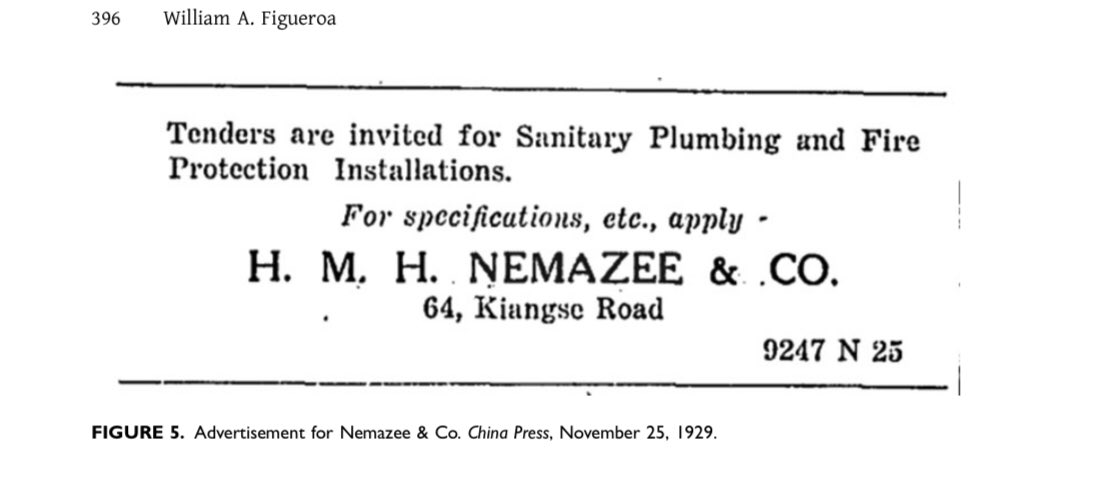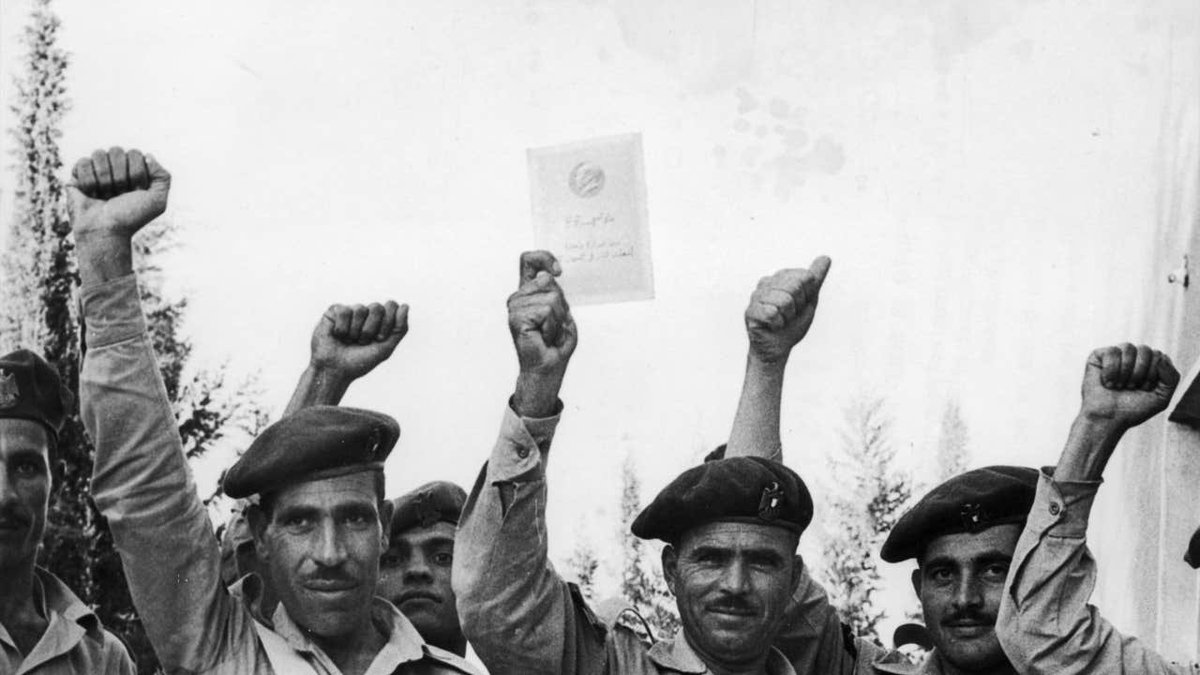We are now starting to get some of the details of the #Iran-#Saudi normalisation deal, thanks to this excellent report from @WSJ. Some important take-aways:
(A brief analytical thread 🧵)
#china #IranAndSaudiArabia
wsj.com/articles/china…
(A brief analytical thread 🧵)
#china #IranAndSaudiArabia
wsj.com/articles/china…
1.The report confirms that much of this was the culmination of a regional peace process: years of negotiations and both sides agreeing it was in their best interests. China entered late, as the train was pulling out, but…
2.Chinese diplomacy did play a larger role than it has in previous attempts to get involved in regional politics. Significantly, China agreed to allow Iran to access some frozen funds. This was less likely incentive and more likely the price Iran asked to hand China this win.
China has also agreed to “play a larger role” in the nuclear talks and “provide investment and support for Iran’s struggling currency.” In exchange, Iran agreed to enter negotiations without pre-conditions.
Of course, China has promised all this before and not always delivered.
Of course, China has promised all this before and not always delivered.
3. China will host a conference between the GCC and Iran in the future, signaling a long term commitment. This is perhaps the most significant announcement.
Some caveats remain. It is still an open question whether China will be willing or able to enforce any agreements made. Whether or not it can keep things on track will determine whether it will go on to be a major player in regional diplomacy, or merely a neutral forum.
The IRGC has also yet to weigh in, and China has made promises to invest in Iran before that have not materialised. But the prestige that successfully brokering this agreement has brought may add greater value than just economic.
In summary: The process was regional, and Chinese arm twisting was not the deciding factor. There are still some risks that the deal may fall apart, but China played a larger role than ever before.
I still say caution, but I am more optimistic than before these details emerged.
I still say caution, but I am more optimistic than before these details emerged.
The train may have already been leaving, but China appears to be on board (for now) until the terminal station. It will take a lot of work for this to be more than a flash in the pan, but the future of Chinese diplomacy in the Middle East looks brighter than it ever has.
• • •
Missing some Tweet in this thread? You can try to
force a refresh











